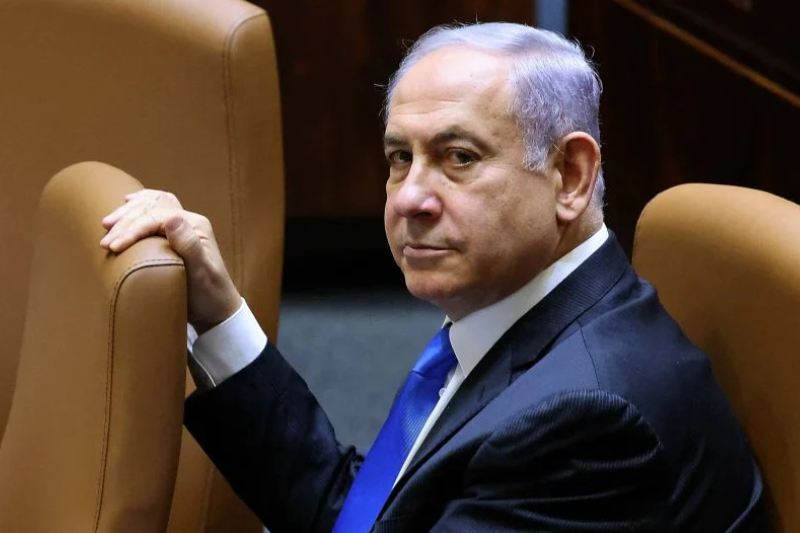Pretoria, Republic of South Africa The International Criminal Court‘s (ICC) chief prosecutor Karim Khan’s recent statement that he has asked for arrest warrants for Israeli Prime Minister Benjamin Netanyahu, Israeli Defense Minister Yoav Gallant, and three senior Hamas leaders over alleged war crimes and crimes against humanity has been welcomed by the South African presidency.
Long a strong supporter of Palestinian rights, South Africa most recently brought a case against Israel to the International Court of Justice (ICJ), charging it with genocide, an allegation that Israel angrily disputes. Underscoring its dedication to international justice, the ICC’s action is consistent with South Africa’s position on the Israeli-Palestinian issue.
Representatives from Hamas and Israel have categorically denied the accusations. Responding angrily, Israeli Prime Minister Benjamin Netanyahu called the ICC prosecutor’s choice a “complete distortion of reality.” He said,The connection made by the Hague prosecutor between democratic Israel and the mass killers of Hamas is repulsed by me as Prime Minister of Israel. This distorts reality entirely.”
Keep Reading
Additionally expressing its disdain was the United States. Declaring that “no equivalency” exists between Israel and Hamas, President Joe Biden branded the ICC’s ruling “outrageous.” The U.S. State Department agreed, stating that since Israel is not a signatory to the Rome Statute, the treaty that created the court, the ICC does not have jurisdiction in this instance. Matthew Miller, spokesman for the state department, issued a warning:This decision does nothing to help and could jeopardize ongoing efforts to reach a ceasefire agreement that would get hostages out of Gaza and surge humanitarian aid in.”
The announcement caused conflicting feelings in Israel. Some citizens in Tel Aviv, a city that has seen massive demonstrations calling for greater action from the Netanyahu government to free hostages held by Hamas, expressed shock and annoyance at the apparent comparison between Israel and Hamas. Resident of Tel Aviv Inbar Goldstein expressed her astonishment and confusion:I don’t understand in what world we are living in where there is symmetry between heads of state who were democratically elected to terrorist organization leaders who committed mass slaughter.”
The reaction in Gaza was more muted. A citizen who was uprooted from Gaza City, Sami Abu Zeid, said he wants firm international solutions that deal with the main problems. He emphasized the situation of common Palestinians who suffer even though they are not connected to Islamic Jihad or Hamas:
We want decisive international resolutions. Decisive to solve issues. We are the victims, even though we have nothing to do with Hamas or Israel. Hamas and Islamic Jihad are not who we are.”
Investigating purported war crimes and crimes against humanity in the Israeli-Palestinian conflict is a big move, but one with political ramifications and controversy. Hotly challenged have been the court’s jurisdiction and the validity of its acts, especially by Israel and its allies, who contend that as Israel is not a party to the Rome Statute, the ICC is not authorized to pursue Israeli officials.
The ICC’s statement is seen in South Africa as a confirmation of its attempts to make Israel accountable for acts seen as breaking international law. Together with its backing of the ICC’s activities, South Africa’s case at the ICJ is a reflection of its larger foreign policy goals, which uphold justice and human rights worldwide.
Prosecutor Karim Khan’s evidence will now be examined by ICC judges to decide whether or not arrest warrants for Netanyahu, Gallant, and the Hamas leaders can be issued. To determine if there are good reasons to move forward with the arrests, the presented evidence will be thoroughly examined.
The world will be watching intently to see how these political and legal factors develop as the ICC’s procedures move forward. The results might have far-reaching effects on the Israeli-Palestinian conflict, the legitimacy of international legal institutions, and the larger fight for responsibility in conflict zones all over the world.

